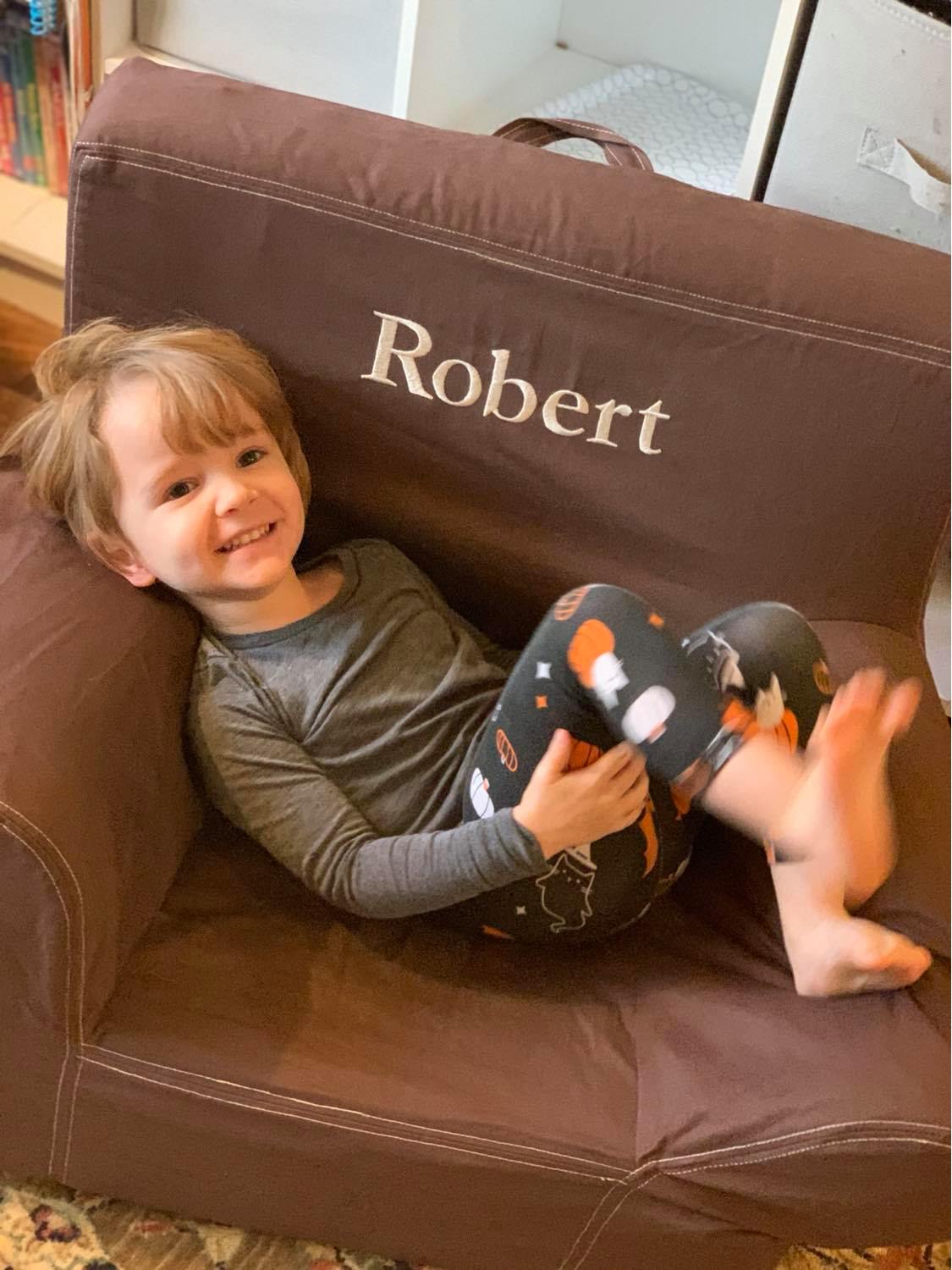
Children having sleep problems is a common phenomenon. If your kid has this problem, which persists, it is better to consult a toddler sleep consultant who will suggest suitable remedies.
Young children may experience bedtime fears, sleepwalking, or night terrors, which can all disrupt your toddler’s sleep. Even bed-wetting is a common cause for sleep disruption. Some kids just don’t feel sleepy when it’s their bedtime, while some others may insist on a parent hanging around until they fall asleep.
Waking up in the middle of the night suddenly for no apparent reason is also a common occurrence. Such sleep disruptions in toddlers can affect their parents’ sleep and ruin the day for everyone.
Some Highlights of Toddler Sleep Patterns
Toddlers can become irritable and act over-emotional when they feel sleepy or after they’ve lost some precious sleep the previous night. Remember that toddlers need to sleep for 11 to 14 hours daily. They may sleep 10 hours during the night and 2 to 4 hours during the day, which is normal. They are at a stage where they develop fast, and you can’t rule out sleep changes at this age.
You may dread the routine where your baby refuses to settle or go to sleep in a few minutes. Even if they fall asleep, they may awaken at least once during the night. Fixing a sleep schedule for your toddler and sticking to it helps. You’ll notice that your toddler depicts some tired signs before falling asleep.
Toddlers’ Signs of Tiredness
You can save yourself a load of trouble if you look out for some tell-tale signs of tiredness in your toddler. More often than not, your toddler seems irritable if she or he has missed an afternoon nap. They may be acting clumsy and would want to cling to you more than they usually do.
Non-stop crying or grizzling is another sign of tiredness in toddlers. If your baby keeps demanding attention or quickly gets bored with the toys and fusses with the food instead of gobbling it up, she or he is tired. All these signs of tiredness mean one thing – your toddler is sleepy. If you put your baby to sleep when they are tired, they will sleep better.

Fixing a Sleep Schedule helps
Fixing a sleep schedule for your toddler helps them get into the routine. If your baby wakes up at 7 am daily, make sure they get at least two hours of sleep around 1 pm. This way, the child wakes up at 3 pm and is busy playing and doing other toddler stuff until it’s bedtime at 7:30 pm.
If you’ve managed to set a schedule like this, ensure that you stick to it. Don’t let your toddler sleep for too long during the day. This longer sleep during the day only postpones the bedtime and breaks the schedule. If you suspect some other reason for your toddler’s sleep disruption, talk to a toddler sleep consultant who’ll guide you accordingly.
Stick to the Schedule
Most toddlers feel sleepy by 6:30 pm or latest, by 7:30 pm. This slot is probably the best time to put them to bed as they tend to go into a deep sleep between 8 pm and 12 am. Once the schedule is set, don’t break it (even for a couple of days on the weekend) because any change in the plan will affect the sleep pattern.
If your baby’s bedtime is 7:30 pm, you can start the preparations at 7 pm, starting with brushing teeth and changing nappies. You can read a bedtime story at 7:15 and expect the toddler to go to sleep by 7:30 pm.
Disruptions after Tucking In
Don’t be surprised if your toddler calls out to you after being tucked in snugly. They may have made it a habit calling out, probably to be reassured that you are still around. Maybe your baby wasn’t tired enough to fall asleep immediately. It is better to avoid too much playing immediately before bedtime.
All the activities can charge up the toddler with energy. Ensure that the TV, computer, laptop, mobile are all turned off while putting your baby to bed. The noise can cause distractions and disrupt sleep.
You must ensure that silence is maintained during bedtime. That’s why most mothers involuntarily tiptoe out of their baby’s room after putting them to sleep. If your toddler shares a bedroom with older siblings, make sure the older ones go to bed after the toddler falls asleep.
Summing it Up
Whatever the reason for your toddler’s sleep disruption, you should never resort to sleep medications before consulting your doctor or sleep consultant.
The post What Can Disrupt Your Toddler’s Sleep and How To Remedy That Problem appeared first on The Fashionable Housewife.
